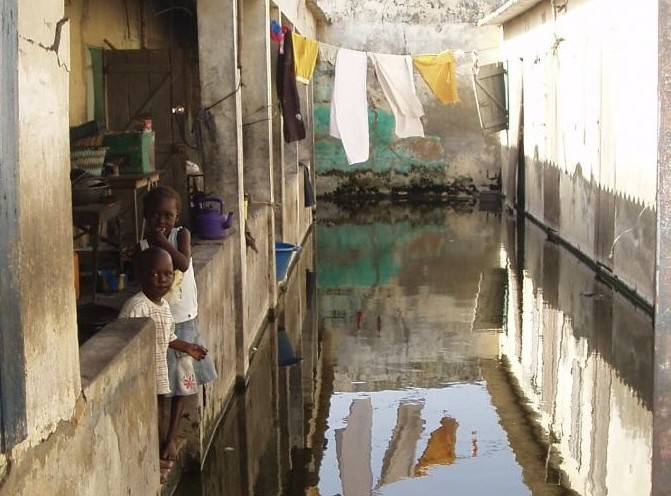Adaptation policy has grown to be of central importance in our collective response to the climate crisis – but more funding is urgently needed
This year’s UN climate change conference (COP29) in Baku, Azerbaijan, takes place amid worsening climate impacts – even countries that were not considered among the most vulnerable are waking up to the urgent need to adapt to a warming planet.
New research from the UN Environment Programme highlights the scale of the adaptation challenge and how it has grown in prominence, while finance to tackle rising needs has lagged behind.
This year’s Adaptation Gap Report highlights the “extremely large” gap between adaptation finance needs in developing countries – estimated at $215 billion-$387 billion per year this decade – and actual flows of money. In 2022, international public finance for adaptation projects reached only $28 billion, up from $22 billion in 2021, the report notes.
Since the Adaptation Fund was established, it has invested more than $1.2 billion in over 180 different projects around the world, benefiting around 46 million vulnerable people and training around 1.6 million people in climate resilience measures.
In the more than 17 years that the fund has operated in the field, the urgency to respond in the present – and not leave it to future generations as the problem was often framed in the past – has become crystal clear.
The fund has managed to stay flexible and evolve with the world around it.



